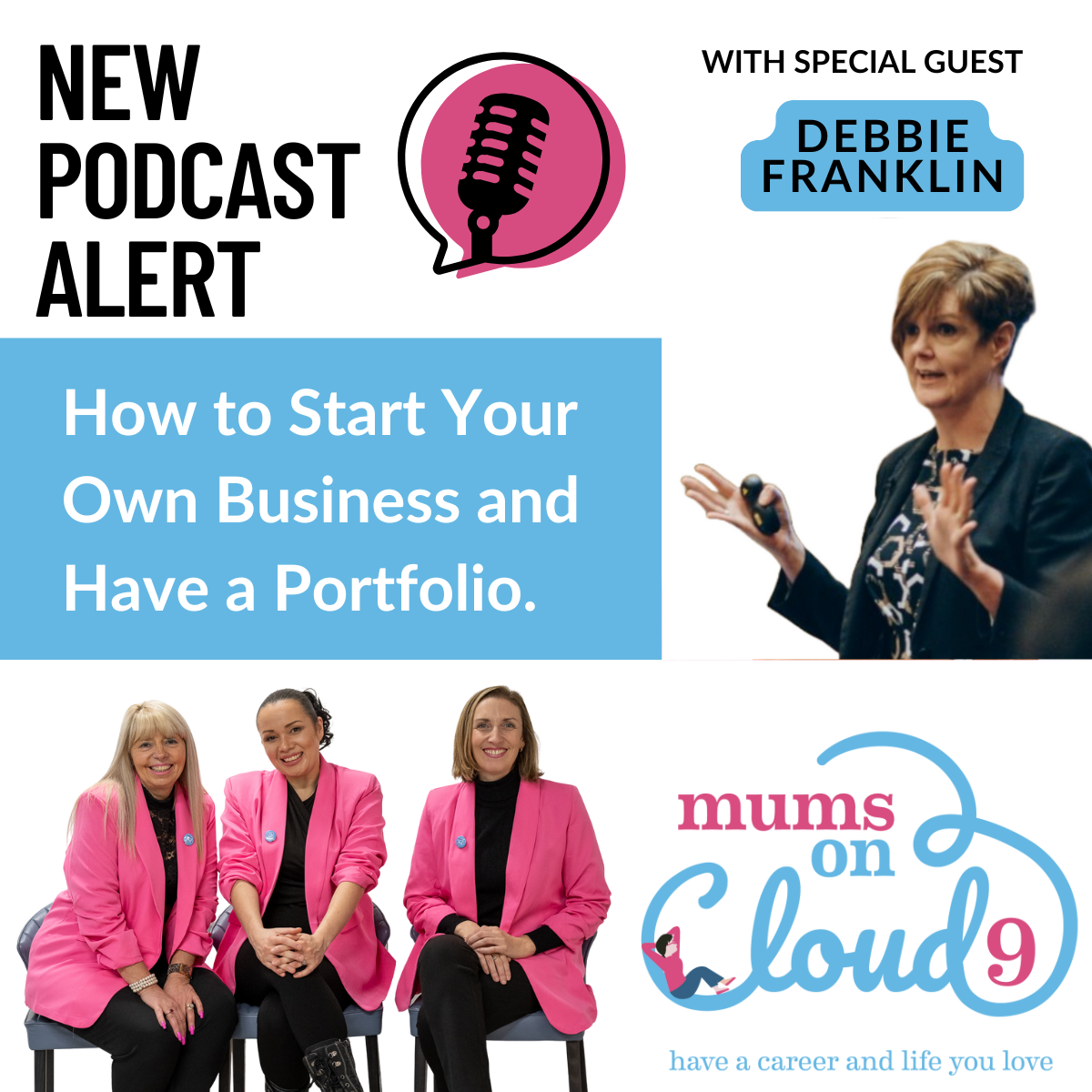
S7 Ep13 – How to Start Your Own Business and Have a Portfolio Income
Debbie Franklin, CEO of Peplows Accountancy, joins the podcast to unpack the practical steps behind building a portfolio income and starting your own business. From side hustles and freelance work to property investment and pension planning, this episode explores how women can create long-term financial resilience, especially when life doesn’t follow a straight path.
Heather, Kelly, and Lynn share personal stories and honest questions about income gaps, late starts, business structures, and navigating financial responsibilities after career breaks or divorce. Debbie offers down-to-earth advice on topics like choosing between sole trader or limited company status, managing tax implications, and protecting your business from legal risks.
There’s also an eye-opening discussion on the pension gap for women, and how combining employment with business or investment income can be part of the solution. From planning for retirement to thinking through your business exit strategy, this episode encourages listeners to take control of their future with confidence and clarity.
Whether you’re already running a freelance consultancy, thinking about buying your first rental property, or just want to better understand your pension options, this episode offers clear, supportive guidance to help you make smart financial decisions.
Listen Now
Episode Highlights
Episode Highlights
-
COVID proved the value of regular rental income as many landlords still had income even when they couldn’t work
-
Being a landlord isn’t passive, but it can provide resilience during economic shocks
-
Multiple income streams act like an investment portfolio, spreading risk if one source dries up
-
Property income can support pension planning through capital growth or rental yield
-
Side hustles and investments can boost security, but tax impact needs to be considered carefully
-
Higher-rate taxpayers risk losing 40% of extra income to tax, so structure matters
-
Limited companies are increasingly popular among property investors to reduce tax exposure
